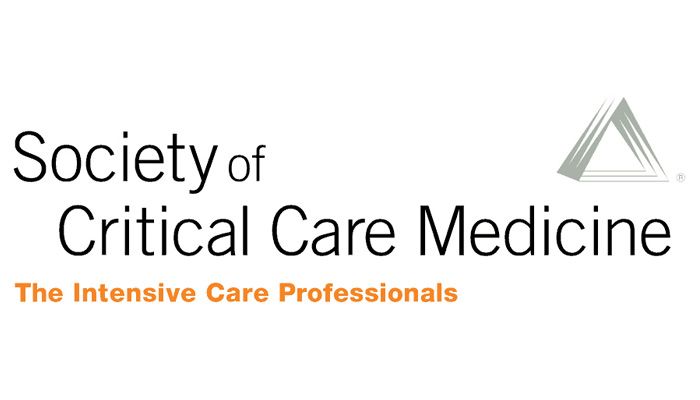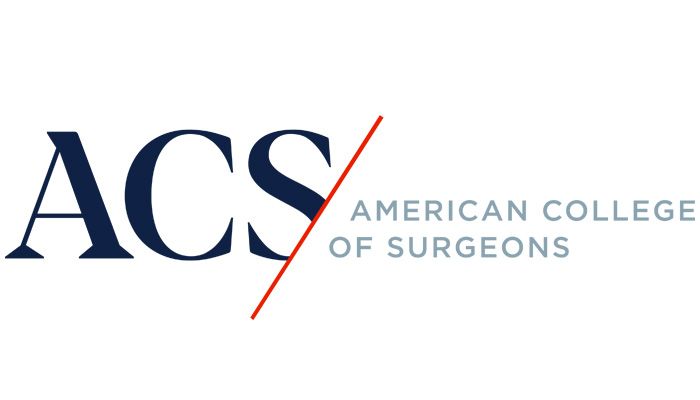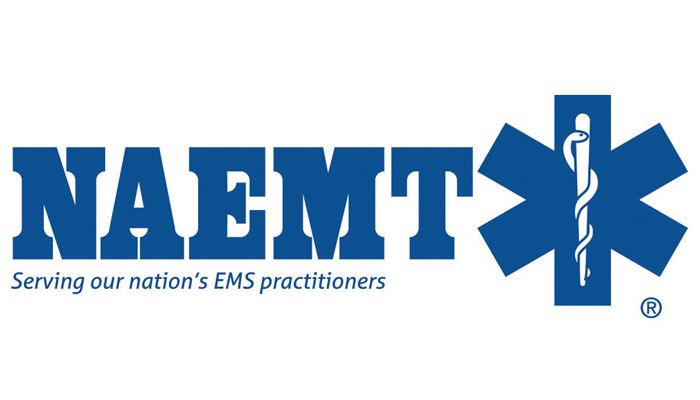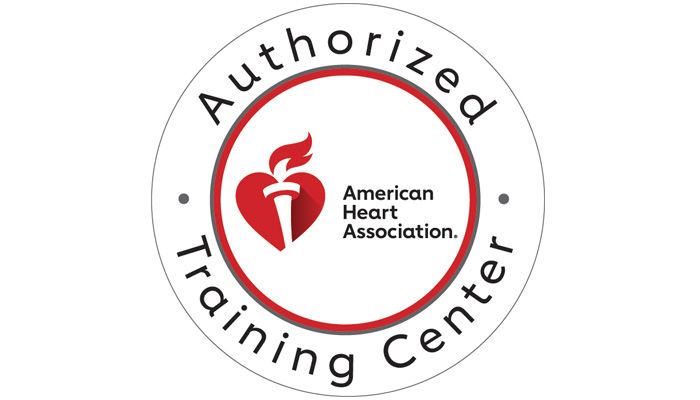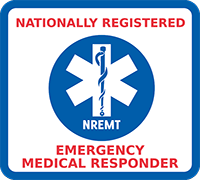
2120 L Street NW, Ste. 530, Washington, DC 20037
202-741-2958
gwtrainingcenter [at] mfa [dot] gwu [dot] edu (gwtrainingcenter[at]mfa[dot]gwu[dot]edu)
The GW Medical Faculty Associates Department of Emergency Medicine is excited to announce a hybrid Emergency Medical Responder Program for Fall 2025. This program is an 18-week program for those interested in learning the skills necessary to handle an emergency until the arrival of EMS. The class is perfect for people interested in emergency preparedness, or individuals with emergency response responsibilities in their workplace (industrial health and safety, wildland firefighting, law enforcement, or armed security). This course will also provide you with the basic healthcare skills necessary to work as a medical assistant. The schedule is designed to meet the demands of a working professional or student, with a combination of online class hours and short in-person sessions each week.
Taught by practicing GWDEMTC clinicians and educators, students will complete the didactic and practical portions of the National Registry Emergency Medical Responder (NREMR) program with both lectures and hands-on simulations.
After successfully completing the course, students will be eligible to sit for the National Registry of Emergency Medical Responders (NREMR) computer-based certification examination. For more information on requirements for the National Registry, please visit the NREMT website.
- Tuition
-
The cost of the course is a total of $1,400.
A $500 deposit is required to register for the class and is non-refundable after July 28, 2025.
Tuition includes:
- All course materials: textbook, course folder, and online learning portal access
- Course website with practice exams and supplemental material
- Access to GWDEMTC equipment and instructors for after-hours practice
- Vital signs equipment: BP cuff, stethoscope
- District of Columbia EMR Psychomotor testing
- Post course follow-up for Cognitive NREMR testing registration and certification transfers
- AHA BLS Certification
- CEVO 4 Certification
**Tuition does not include the NREMR Application Fee ($88) which is required to sit for the NREMR Cognitive Exam.**
Tuition payments are due at the following deadlines:
- $500 deposit due at the time of registration
- $500 due Tuesday 8/26
- $400 due Tuesday 9/16
- Meeting Times
-
- Course Duration: August 5, 2025 - December 9, 2025
- The first three weeks of the course are held online in a synchronous, instructor-led session. In-person classes will begin Thursday 8/26.
- Meeting Times:
- Tuesdays 1:00 PM – 4:00 PM
- One Saturday (9/13) 8:00 AM - 4:00 PM
- Testing Dates: Thursday, December 9, 2025
- Course Duration: August 5, 2025 - December 9, 2025
- Schedule of Virtual/Online Classes
-
Tues 8/5 - Virtual Instructor Led
Tues 8/12 - Virtual Instructor Led
Tues 8/19 - Virtual Instructor Led
Tues 8/26 - In-Person
Tues 9/2 - In-Person
Tues 9/9 - In-Person
Sat 9/13 - In-Person
Tues 9/16 - Virtual Instructor Led
Tues 9/23 - Virtual Instructor Led
Tues 9/30 - Virtual Instructor Led
Tues 10/7 - In-Person
Tues 10/14 - Virtual Instructor Led
Tues 10/21 - Virtual Instructor Led
Tues 10/28 - Virtual Instructor Led
Tues 11/4 - In-Person
Tues 11/11 - In-Person
Tues 11/18 - In-Person
Tues 11/25 - In-Person
Tues 12/2 - In-Person
Tues 12/9 - In-Person - What is the difference between EMR and EMT
-
This course is for Emergency Medical Responder (EMR), which is similar to Emergency Medical Technician (EMT), with a few important differences. Although both of these providers assist patients suffering from illness and injury, their roles and level of training are different. EMRs are usually people with a non-medical primary mission set. This could be trained bystanders, wilderness guides, park rangers, teachers, lifeguards, law enforcement officers, or industrial workers. EMTs, on the other hand, are usually specialized medical personnel employed by emergency services organizations to respond to emergencies and transport patients via ambulance.
EMRs play a crucial role in the chain of survival by completing critical stabilization and intervention prior to the arrival of EMTs. This could include:
- CPR
- Bleeding control
- Oxygen administration
- Patient assessment
- Assisting with emergency childbirth
EMR is approximately 80 hours in length, compared to EMT which is 180 hours in length.
- Requirements
-
- At least 16 years old prior to the start date of the course.
- Able to meet time and physical commitments of the program as detailed in the Student Handbook.
- Access to the internet and ability to complete homework, quizzes, and exams outside of class with a personal computing device (access to word processing suite and internet).
For additional questions or information, please contact the Training Center at 202.741.2958 or email gwtrainingcenter [at] mfa [dot] gwu [dot] edu (gwtrainingcenter[at]mfa[dot]gwu[dot]edu). If no seats are left available for registration, it is possible that the course is full. Please note that the waitlist is limited to 5 potential students.

